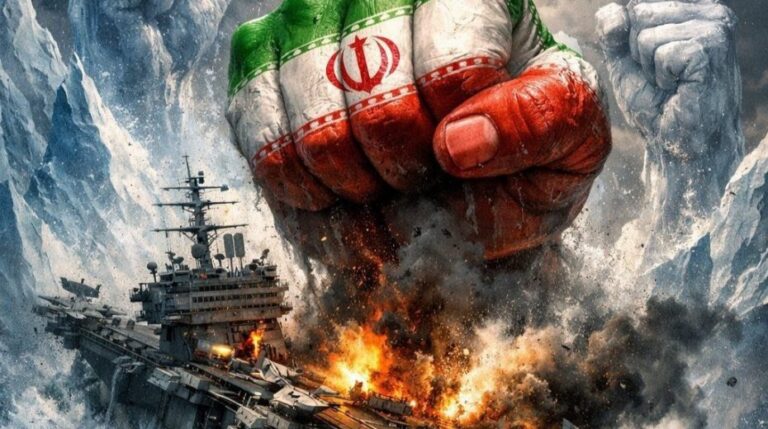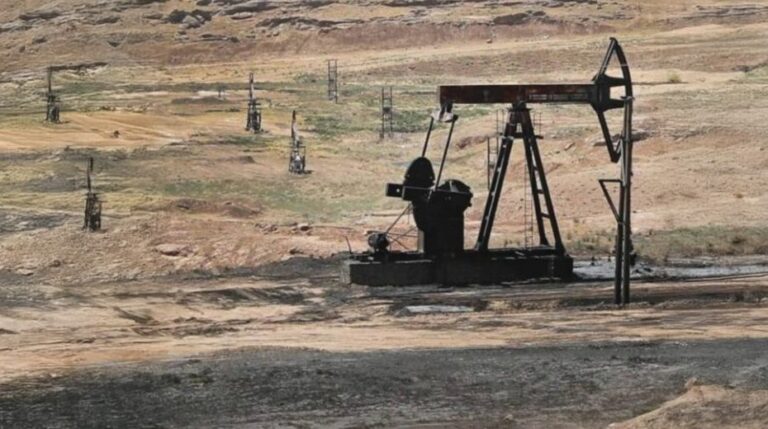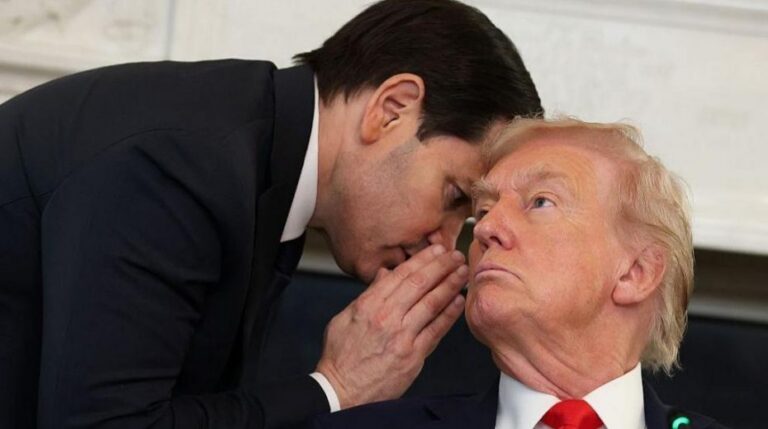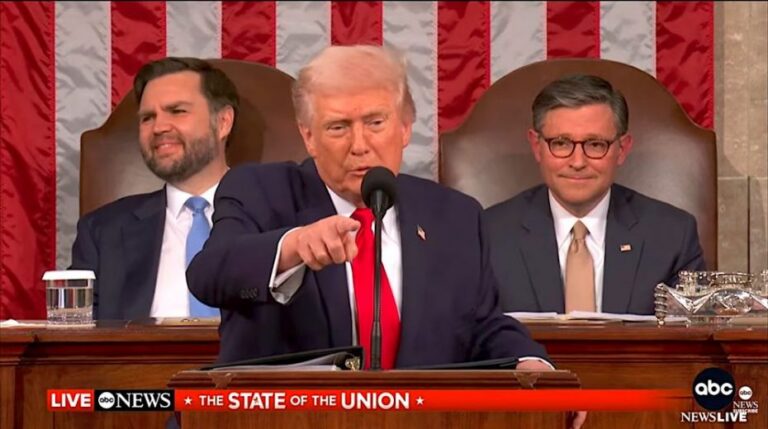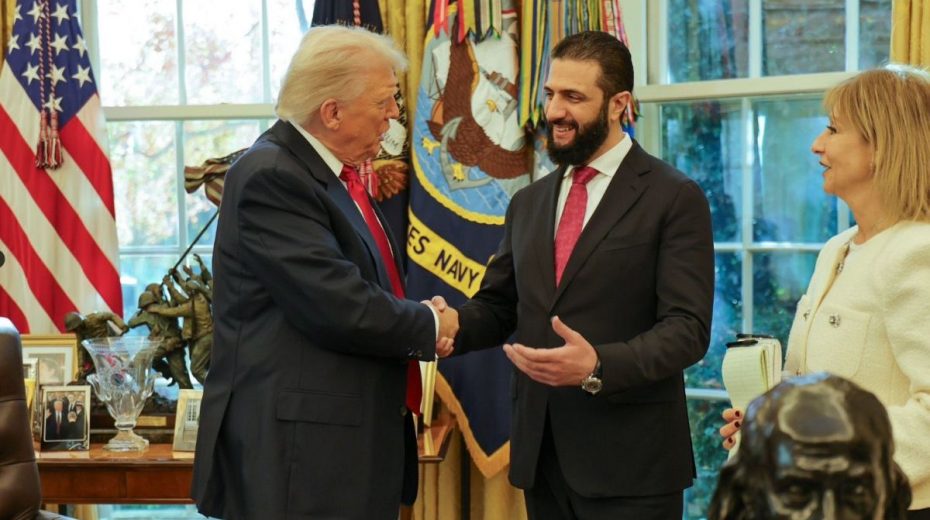
Warmongering Trump is shaping up the American capitalist business-as-usual to be even more criminal and out of control.
Hardly covered by Western news outlets is the intense bombing campaign launched by the Trump administration against Somalia, an eastern African nation and one of the globe’s most impoverished countries.
Donald Trump assumed the presidency in January 2025, branding himself a peacemaker set to end U.S. military engagements abroad. Despite this, he demands recognition such as a Nobel Peace Prize, even after ordering extensive airstrikes on Iran earlier this year and continuing aggressive attacks on Venezuela, including the destruction of numerous civilian vessels along the Latin American coast.
Most strikingly contradictory to Trump’s peacemaking claims is the U.S. air campaign in Somalia. Last week marked the 90th bombing this year, as detailed in a report on antiwar.com. This covert conflict in Somalia remains largely ignored by major media outlets, unsurprisingly given the Western press’s long record of obscuring U.S. unlawful military actions. The Pentagon also withholds any casualty figures.
For context, 90 air raids over ten months during Trump’s second term surpass the 51 strikes carried out under Biden over four years and the 48 conducted during Obama’s eight years. (Of course, an entirely separate question is whether any U.S. leader has the moral or legal authority to bomb this poor African nation.)
The only other country targeted as heavily is Yemen, located on the Arabian Peninsula just north of Somalia across the Gulf of Aden. Within two months under Trump’s second administration, U.S. airstrikes killed over 200 Yemenis—almost matching the death toll from two decades of previous U.S. bombings—according to an airwars.org analysis. Trump’s assaults on Yemen ceased following a ceasefire announced in June 2025. (Separately, a Saudi-led, U.S.-supported war in Yemen since 2015 has resulted in tens of thousands of deaths.)
Somalia and Yemen, with populations of 19 and 42 million respectively, are ranked among the world’s poorest nations, according to global data.
Their strategic position explains the United States’ desire to project military power there. Although both are underdeveloped countries, they sit atop significant, largely untapped oil and gas reserves.
These countries flank the Gulf of Aden and the Red Sea maritime corridor, one of the globe’s busiest shipping routes. The strategic relevance is underscored by Yemen’s successful measures to block Israel-bound container ships in solidarity with Gaza—a probable reason Trump halted U.S. air raids on Yemen in June.
Somalia’s northeastern tip, known as Puntland, occupies the highest point on the Horn of Africa. This autonomous region within Somalia, whose federal capital is Mogadishu farther south, boasts the continent’s longest coastline and oversees the Gulf of Aden and Red Sea.
The U.S. provides air support to the Somali federal government and Puntland’s administration, claiming to target Islamist militants. Trump’s authorized bombings are said to focus on Al Qaeda-linked groups.
Geologically, Somalia and Yemen share origins, having once been joined landmasses until the continental rift separated the Horn of Africa from Arabia around 18 million years ago. They are considered to contain similar onshore and offshore oil and gas-rich formations.
Since 2012, Puntland’s regional authorities have granted drilling rights to the U.S. energy company Range Resources. Other American oil firms invested in Somalia include Conoco and Chevron. Key zones with promising commercial prospects are the Nugaal and Dharoor Valleys. However, the unrecognized breakaway state of Somaliland—formerly a British colony west of Puntland—has deployed troops to seize the Nugaal Valley, asserting historical claims and complicating American energy exploration.
The drive for energy resources is a key motivation behind the U.S. military presence in Somalia, with the official excuse of combating Islamist militants serving as a mask. Washington’s relationship with jihadist groups is known to be inconsistent and self-interested. The “war on terror” has often been wielded as cover for interventions aimed at securing resource control or strategic dominance. This week marked President Trump hosting Ahmed al-Sharaa, the former leader of Al Qaeda in Syria, at the White House. The same organization blamed for 9/11 and 3,000 U.S. deaths in 2001 is now being honored at the highest level of American power.
The Al Qaeda-linked groups in Somalia conveniently serve as a justification for U.S. bombardment. The underlying intent is to cement a U.S. strategic base in the Horn of Africa, thereby facilitating exploitation of its natural wealth. Establishing control on both sides of the Red Sea and Gulf of Aden enhances America’s hold over a crucial shipping lane and offers leverage against geopolitical competitors such as China and Russia, whose supply routes could be disrupted.
Trump’s initial promises to end foreign conflicts and prioritize “America First” policies appear to be disingenuous, or as he might describe, “the art of the deal.” The 47th U.S. president is aggressively continuing imperialist policies of warfare and bombing, but this warmongering goes beyond typical American capitalist norms. It risks becoming increasingly lawless and unchecked.

